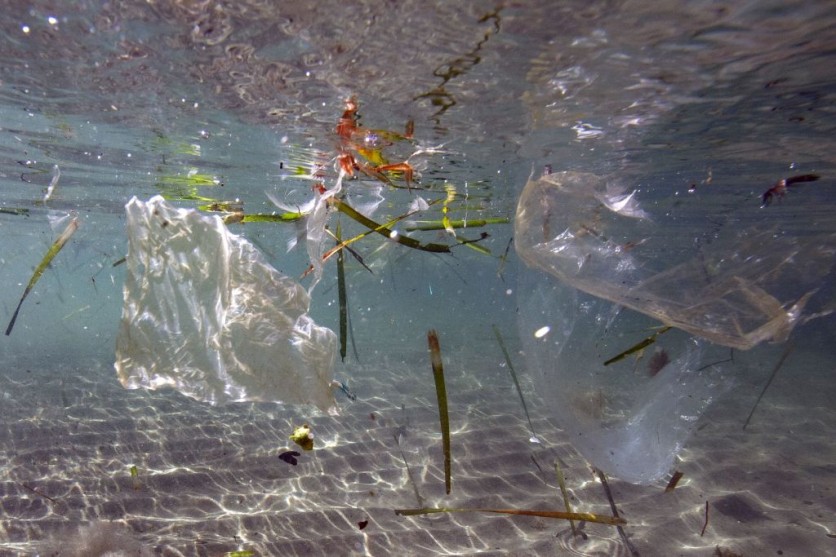In a significant discovery, researchers at Hokkaido University have identified a new species of marine bacteria capable of breaking down a specific type of plastic.
This plastic material is commonly found in single-use items and packaging that buyers often discard. The researchers have genetically engineered this new bacterium to be more efficient in degrading plastic.

Discovering New Species of Marine Bacteria
Researchers at Hokkaido University have uncovered a new strain of bacterium with the remarkable ability to gorge a type of plastic material commonly used because it is considered eco-friendly as it biodegrades on land.
However, Interesting Engineering reported that this plastic material continues to linger in aquatic environments, posing a continued threat to our oceans and waterways.
Collaborating with colleagues from the Mitsubishi Chemical Group in Japan, the researchers at Hokkaido University have uncovered this new bacterium capable of degrading a commonly used eco-friendly plastic called polymer polybutylene succinate (PBS), which is often found in items like mulching films, compostable bags, and catering packaging.
They identified an enzyme named PBSase, responsible for degrading PBS in a specific strain of bacteria. They then integrated this enzyme into the marine bacterium Escherichia coli to enhance its plastic biodegradation capabilities.
Their efforts are not only directed at understanding plastic behavior in marine environments but also at devising innovative solutions for addressing plastic pollution.
Yasuhito Yamamoto, a collaborator from Mitsubishi Chemical Corporation, highlighted the potential of this enzyme as a catalyst for the chemical recycling of collected plastic waste, providing a promising avenue for tackling plastic pollution on land and in the sea.
Read Also : UK's Environment Agency Plans to Increase its Civil Cap on Pollution Fines up to $240 Million
Addressing the Issue of Plastic Pollution
The problem of plastic pollution caused by non-biodegradable materials persists as a significant global environmental issue. Fortunately, it's well-documented that certain marine bacteria contribute to plastic degradation.
According to EurekAlert!, these specialized bacteria have evolved the capability to break down various plastics commonly found in single-use items and packaging, often discarded by consumers.
However, the challenges of the relatively slow rate of natural plastic biodegradation by microorganisms and the environmental implications of byproducts like microplastics and carbon dioxide emissions need careful consideration.
The study's results were published in the Environmental Microbiology journal. Addressing the pressing issue of plastic pollution in our oceans is paramount to safeguarding our environment.
Tomoo Sawabe, who also leads the research team, underscores the global significance of this challenge. Recognizing the scarcity of marine microorganisms capable of efficiently biodegrading PBS, Sawabe and his fellow researchers embarked on a quest to identify and enhance these natural plastic-eating organisms.
They meticulously examined microbes collected from seawater off the coast of Japan, successfully identifying multiple strains of marine bacteria that can break down PBS. Moreover, their diligent efforts led to the isolation of the key enzyme responsible for PBS degradation.
Pushing the boundaries of discovery, the researchers employed molecular biology techniques to insert the PBSase gene into the well-known bacterium Escherichia coli, enabling the production of highly purified enzyme samples for further examination.
This groundbreaking work holds significant promise in the ongoing fight against plastic pollution in our oceans. The study was published in Environmental Biology.

![Apple Watch Series 10 [GPS 42mm]](https://d.techtimes.com/en/full/453899/apple-watch-series-10-gps-42mm.jpg?w=184&h=103&f=9fb3c2ea2db928c663d1d2eadbcb3e52)



